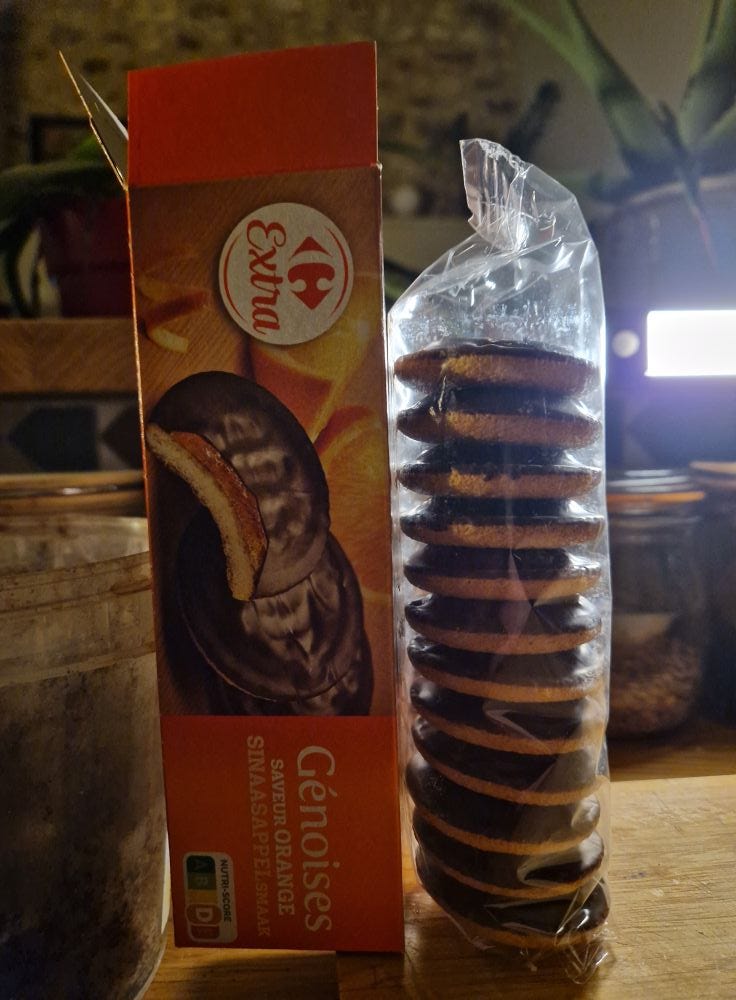The ecstasy of Joe Rogan
First ...
Someone is embarking on an adventure that you might follow. It's about disconnecting and finding. Perhaps read about this first and sign up to see the story unfold.
Apparently this is the 'most popular' Rarely Certain piece to date.
When everything is artifice, what is real?
This is a sprawling subject. I spent months pondering it, struggling to begin the writing.
Maybe it struck a chord because part of living is to be ambiently aware of constant untruths and misleading impressions. It feels like a default condition.
Microsoft recently wrote to me citing 'our commitment to improving your 365 subscription'. What they were announcing was withdrawal of an add-on service I rely on. I've had to buy the service they're discontinuing from someone else instead, putting me out of pocket.
Does casual dishonesty like this have an impact on us, beyond the flicker of grievance when we notice an example? 'Your call is important to us'. This packet of biscuits.
I wonder about this. We learn to accept it as the default state of things, but are there unconscious effects?
Living in an environment saturated with ambient falsehood and not being actively annoyed about being constantly misled we're either in a condition of submerged awareness or maybe what's sometimes called 'lucid denial' (awarely disengaged). These seem to be the only options when you feel powerless to change things.
There's a way in which this is infantilising, which seems unhealthy. Many of us still have 'survival' strategies that we learned in infancy because they saved us stress at the time. We learned not to confront lies. We learned not to be ourselves and to shape ourselves to others' expectations instead. We learned how to overlook internal contradiction in order to fit in.
There's often a cost in later life. We'll stay in relationships or jobs beyond the point at which they're nourishing by submerging our awareness of reality or passively accepting it.
We're good at tolerating internal contradiction, accepting - and even repeating - things that we know are not true (much political activism relies on this) and not speaking our minds.
This is our condition in a world saturated with pretence.
Instead of expanding to fill the world you must contract, just to fit in.
Perhaps these pervasive forms of ambient dishonesty create a a need for reassurance that you aren't really so easily fooled.
“And you will know the truth, and the truth will set you free.”
John 8:32, The Bible
When Microsoft lied about 'improving' my 365 subscription I experienced a sense of contraction. A feeling that the walls closed in a tiny bit. I felt smaller. Slightly constrained. Less potent.
Less free.
It was an effect of homeopathic magnitude, but it all adds up.
What has any of this got to do with Joe Rogan?
The postmodern cultural theorist Jean Baudrillard published an essay in 1987 that now seems prescient. 'The Ecstasy of Communication' is about a feeling of transcendence that can arise in a hyper-connected world that is saturated with information.






